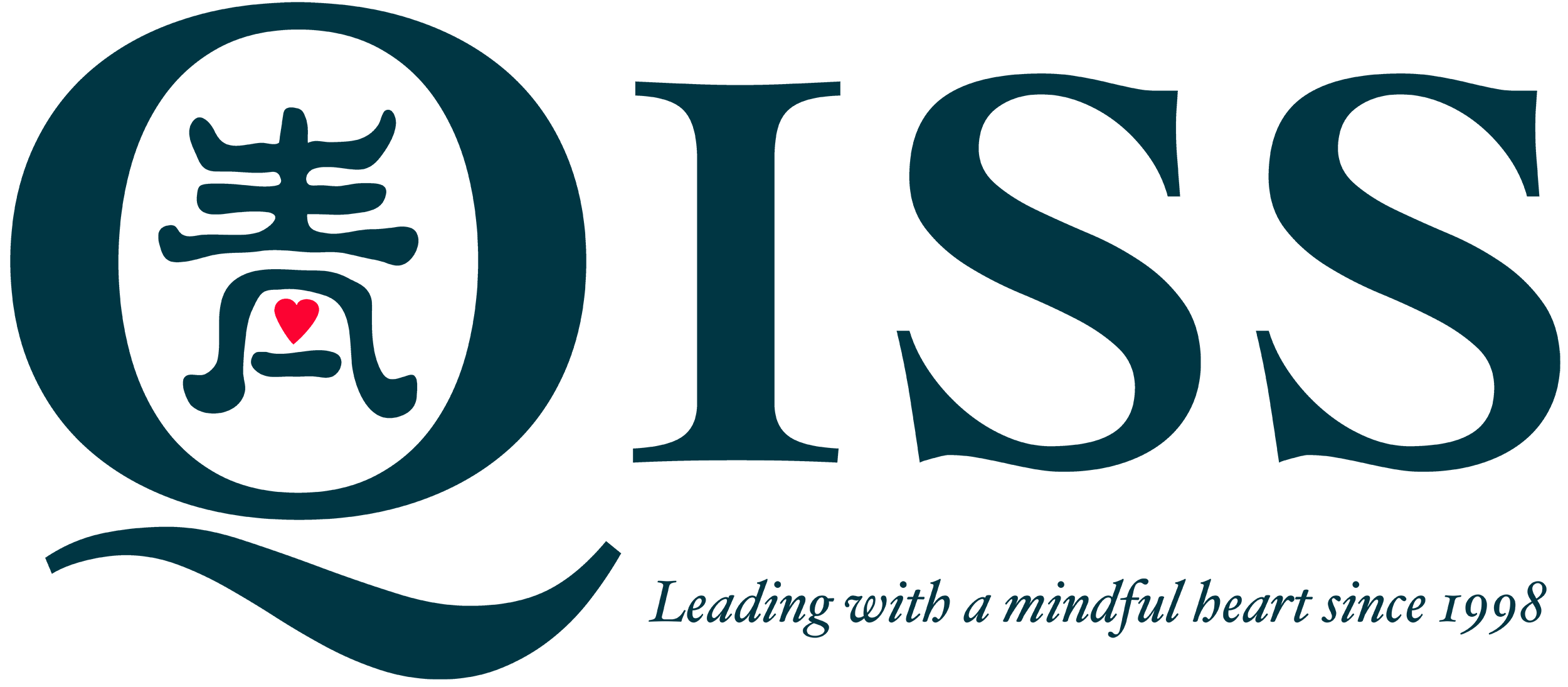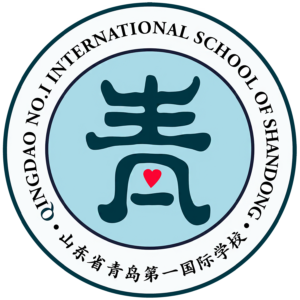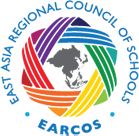EARLY CHILDHOOD
Early Childhood
At QISS, we believe that students, regardless of their age, learn best when their curiosities and interests are activated through projects, inquiries, and play. We understand that children are full of potential and are able to develop a love of learning. From a young age, it is important to support and foster this love of learning and at QISS we are able to accomplish this by developing strong relationships and engaging children. We understand that we can harness young children’s natural curiosity and creativity by encouraging them and involving them in projects that interest and inspire them. These beliefs are the essential foundations for our Early Childhood Program and are supported by the Reggio Emilia Approach, which focuses on viewing children as strong, interested, curious, and capable of building their own thoughts and outcomes. The Reggio Emilia Approach encourages creativity, collaboration, curiosity, and we tap into these by engaging students in inquiry units that are project based and play centered.
The QISS Early Childhood (ECC) Program provides opportunities where children can flourish because they are free to explore and are encouraged by the teachers to be curious and creative. The ECC classroom is a well-designed environment where children are consistently involved in inquiry, projects, and play, while learning to express themselves in a variety of ways. The teachers listen and observe children closely in order to recognize the individual personalities and needs of each student. They ask questions and explore children’s ideas while tapping into their curiosities and engaging them in interest based inquiries. Teachers encourage students to communicate their knowledge and express their ideas, thoughts, and feelings using the “100 Languages”, which refers to expressing oneself through drawing, music, dancing, playing, building, sculpting, building, singing, experimenting, laughing, etc.
The ECC Program works to establish learning goals based upon the DC Early Learning Standards. This set of standards establishes a continuum of learning standards and goals for students from the age of 2 through 5. Our teachers lead students through 4 units of inquiry that are based on the DC Early Learning Standards for the following areas of development and learning:
Approaches to Learning/Logic & Reasoning
Communication and Language
Literacy
Mathematics
Science and Engineering
Social Studies
The Arts
Social and Emotional Development
Physical Development, Health & Safety
Components of the QISS Early Childhood Program
The QISS Early Childhood Program will focus on the following aspects of personal growth and development.
Inquiry-Based Instruction & Emergent Curriculum
Children will learn to construct their own knowledge through carefully planned curriculum and thematic units that are built upon children’s knowledge, and interests. Children are engaged in inquiry, projects, and play in order to activate natural curiosities, stimulate creativity and problem solving, and inspire new thoughts and ideas. Here are the 4 units of inquiry themes:
- Incredible Me: How I Express Myself and Interact with Others
- How the World Works
- Sharing the Planet
- How We Organize Ourselves in Place and Time
Hands-on Approach
Children will explore learning through a variety of hands-on opportunities such as centers, projects, interactive and free play. They are involved in learning and expressing their ideas using movement, dance, play, emotions, and building, which we refer to as the “100 Languages”.
Essential Skills
Children will learn to develop their senses of self and the discovery of others through the teachers fostering the development of lifelong skills. These essential skills that the students will begin to explore and enhance are sharing, listening, collaborating, communicating their own ideas and needs, and recognizing the ideas and needs of others.
Developmental Growth
Children will be guided through learning opportunities that will enhance their social and emotional growth, cognitive and fine motor skills, and basic literacy and number concepts. Developing the whole child’s self-confidence within these areas of growth will help the student become more independent and ensure future academic success.
Unlock Creativity in Early Childhood Education Today
At QISS, we think that a strong weapon for molding young brains in education is creativity. Early on in life, encouraging imagination is crucial for developing curiosity, ability to solve problems, and emotional growth. Including artistic activities in the curriculum helps kids explore, express, and meaningfully discover the environment they live in.
Our early childhood education strategy gives hands-on experiences and play-based learning top priority, thus fostering an atmosphere where creativity so blossoms. Using creative teaching strategies, we enable youngsters to explore beyond the box, therefore promoting their cognitive and social development, a vital ability.
At QISS, we are dedicated to providing teachers with the resources and techniques to enable every child’s learning path to include creativity in education as a natural occurrence. Through art, music, or group projects, we would allow kids to grow personally in a manner that supports lifetime learning.
Discover how we include imagination in every facet of early childhood instruction. See our Early Childhood website to get more information about our creative approach. Accept innovation and see young students blossom in loving, motivating surroundings!





